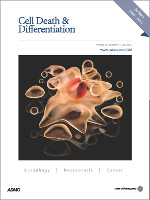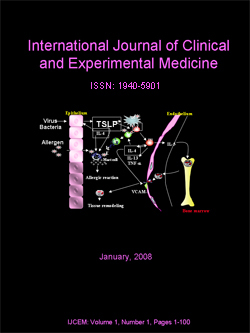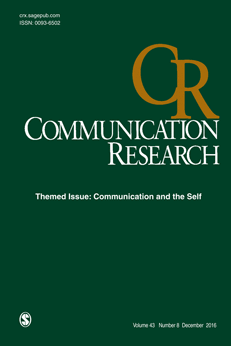 Sometimes, a seemingly run-of-the-mill retraction notice turns out to be much less straightforward.
Sometimes, a seemingly run-of-the-mill retraction notice turns out to be much less straightforward.
Such was the case with a recent retraction of a 2016 paper in a journal published by the U.S. Centers for Disease Control and Prevention, apparently over permission to use an evaluation scale designed to test whether patients take their medications as prescribed. But when we looked into this story, we learned this retraction was only the tip of the iceberg – a representative of the evaluation scale (titled “Chief Investigator”) told us he has contacted hundreds of so-called “infringers” over the last year who used the scale without permission. The authors must then apply retroactively and show they’ve used it correctly, and may even have to pay fees. Or, in the case of the retraction we saw (and at least one other in 2016), pull the paper.
According to the chief investigator, Steve Trubow, who oversees licensing and use of the scale worldwide, for some uses, there is no fee – but depending on what the researchers are using the Morisky Medication Adherence Scale (MMAS-8) for, it can cost up to $100,000. Once they’ve used it without permission, there are fees for that, too, Trubow told us:
Continue reading If you use this research tool without permission, you’ll hear about it


 An oncology journal has retracted a 2014 paper that contained a potentially fatal mistake.
An oncology journal has retracted a 2014 paper that contained a potentially fatal mistake. A year ago tomorrow, we
A year ago tomorrow, we  Researchers have retracted a biology paper that included an image mismatch — despite the fact that, as they claim, another image in the same paper confirms the original findings.
Researchers have retracted a biology paper that included an image mismatch — despite the fact that, as they claim, another image in the same paper confirms the original findings. A researcher who claimed image problems in a retracted paper were the result of a software glitch, and not intentional, has lost three more papers — all for image manipulation.
A researcher who claimed image problems in a retracted paper were the result of a software glitch, and not intentional, has lost three more papers — all for image manipulation. The former president of the Joslin Diabetes Center has withdrawn a second article within a month of his
The former president of the Joslin Diabetes Center has withdrawn a second article within a month of his 
 Sometimes we come across a real head-scratcher.
Sometimes we come across a real head-scratcher. After a years-long dispute over a 2012 paper which suggested there might be some effects of first-person shooter video games on players, the journal has retracted the paper.
After a years-long dispute over a 2012 paper which suggested there might be some effects of first-person shooter video games on players, the journal has retracted the paper.